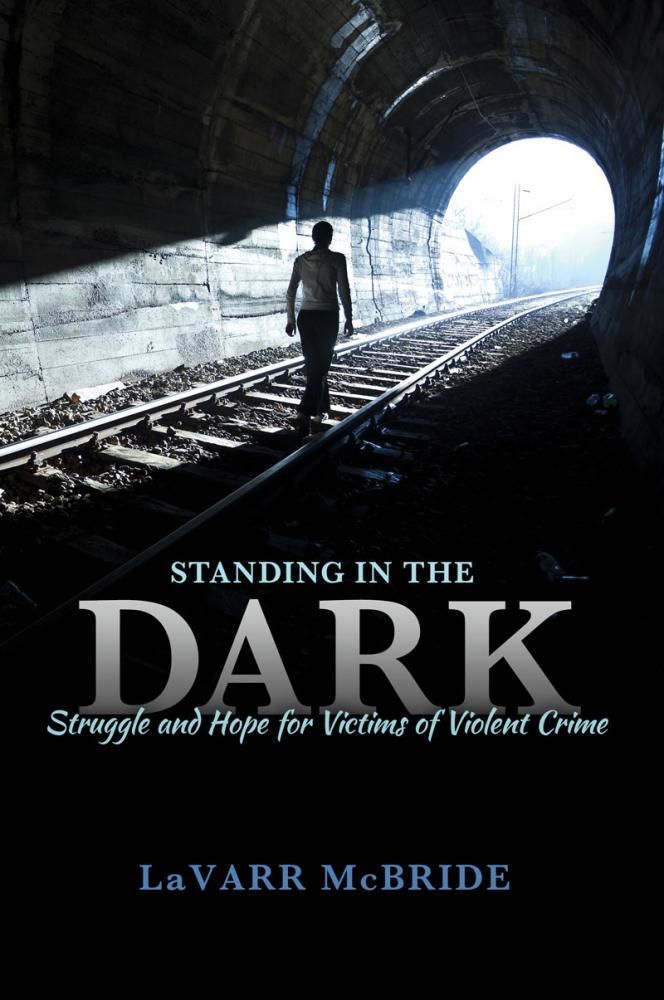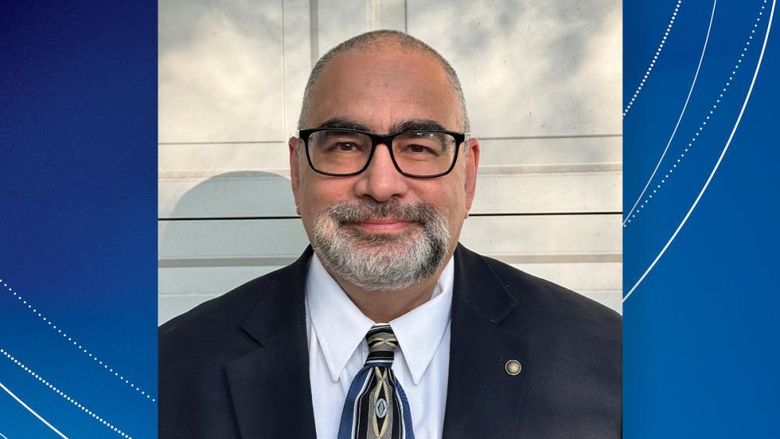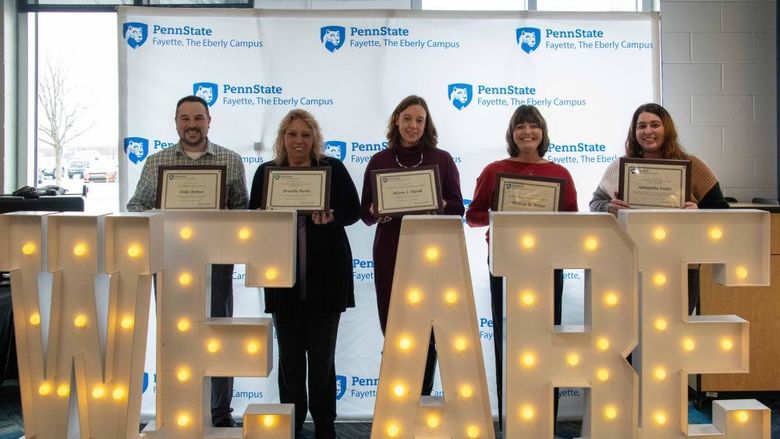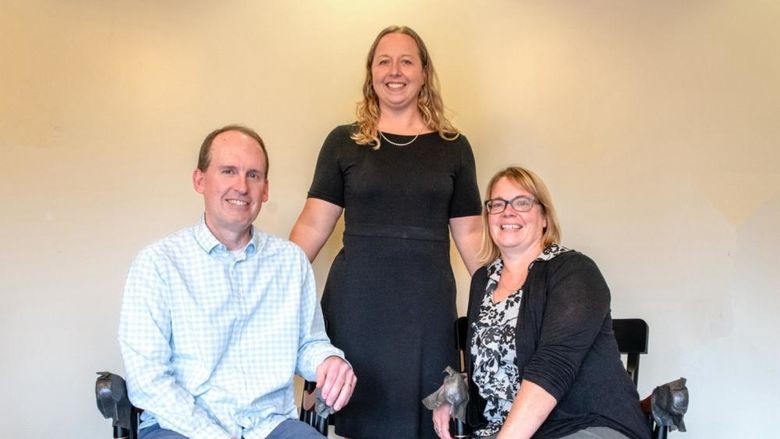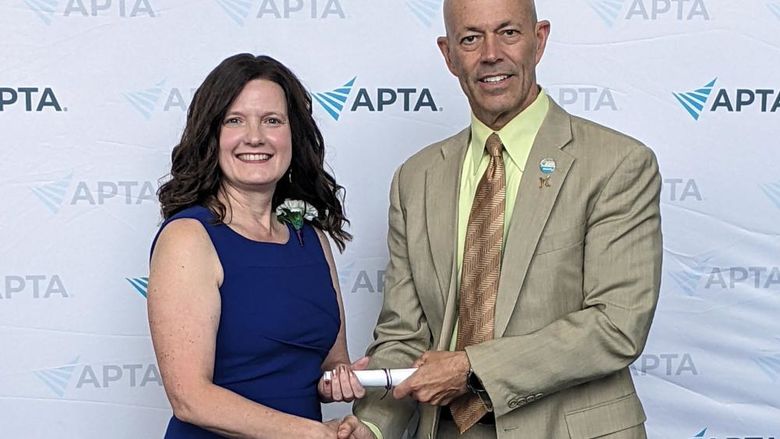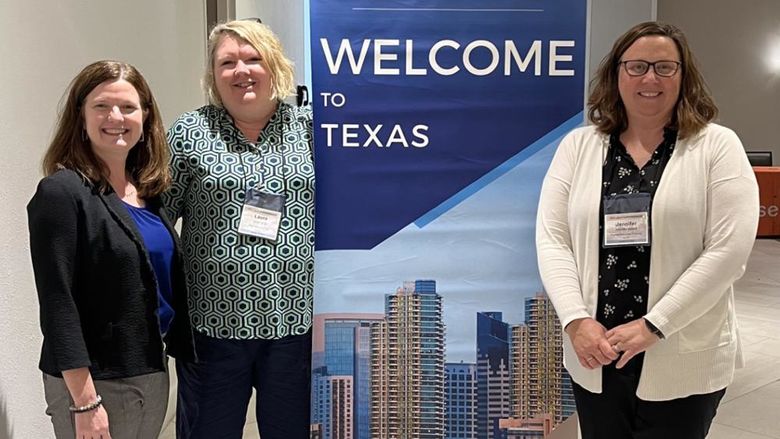LEMONT FURNACE, Pa. — LaVarr McBride, assistant teaching professor and program coordinator for administration of justice at Penn State Fayette, The Eberly Campus has published "Standing in the Dark: Struggle and Hope for Victims of Violent Crime" (Kendall Hunt Publishing, February 2020).
The book, a compilation of stories and events from McBride’s 35 years of experience in the field of criminal justice, introduces readers to brave survivors of crime who have leveraged their experiences to affect positive change in the lives of others.
“The survivors in this book are at different points in their journey of emerging from the dark into the light,” said McBride. “I wanted to honor each one of them for their courage and strength.”
According to Kendall Hunt Publishing, “[McBride] provides the reader with personal experiences of what it is like to work with and learn from victim-survivors of crime. He honors their stories and shares their thoughts through hours of interviews and being in the trenches, learning and listening.”
McBride’s motivation in writing the book came from the effects of violent crime on his own family and from the many years he has dedicated to supporting crime victims in his work in the criminal justice system.
“I hope that this book will remind all of us that the survivors of violent crime should never walk alone,” he said.
McBride received his bachelor’s degree in criminal justice, with a minor in psychology, from Weber State University. He holds a master’s degree in public administration, sociology, and economics. He has served as a correctional officer in maximum and medium security, including on death row; as a state parole officer; and as a senior United States probation officer. He worked for the administrative office of the United States court before pursuing a career as a full-time instructor in higher education.
He co-authored "Through a Convict’s Eyes: An Overlooked View of the Criminal Justice System" (Kendall Hunt Publishing) in 2013 with Eric Wicklund, a convicted felon. Today, in addition to his course load at Penn State Fayette, he works with families in death-penalty and violent-crime cases to help find answers to their questions and address their needs.
